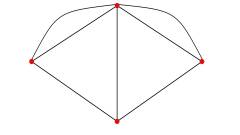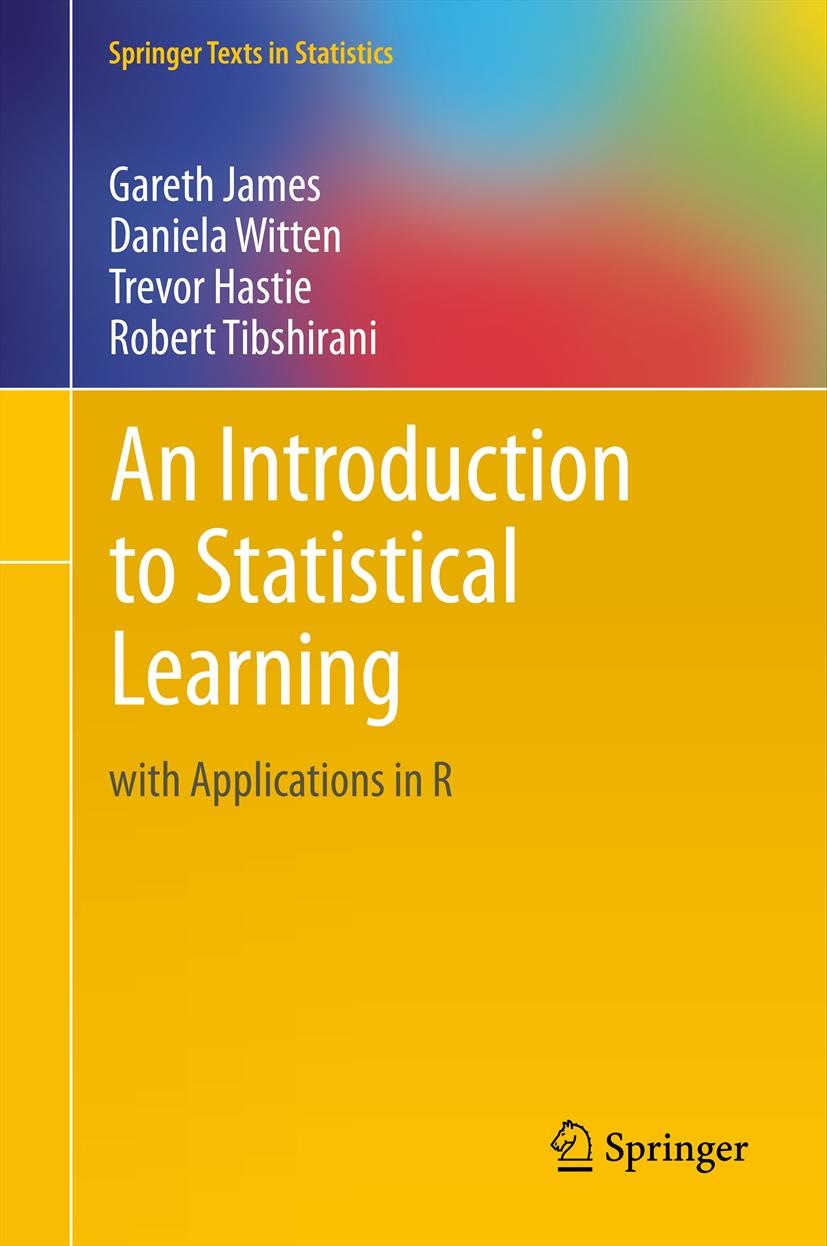Machine Learning Specialization Cut Short by Coursera
After an extremely long wait, today was the day that the fifth course in Coursera’s Machine Learning Specialization was set to begin. I’ve been with this specialization since it launched in the fall of 2015. Students were initially promised an ambitious slate of six courses, including a capstone that would wrap up by early summer of 2016. With noted husband and wife couple Carlos Guestrin and Emily Fox, previously of Carnegie Mellon and now of the University of Washington, this sounded like a great option.







